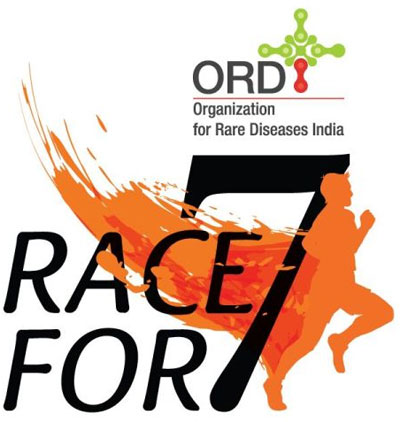The PGIMER, Chandigarh, is one of the centres that offer treatment for this rare disease. But once this policy was introduced, the Centre stopped funding the RBSK scheme, leaving patients in Punjab high and dry.
The Punjab government will bear the treatment cost of the children suffering from a rare congenital disease Hypogammaglobulinemia till the time the central government’s new National Policy for Rare Diseases (NPRD) scheme gets implemented at the Post Graduate Institute of Medical Education and Research (PGIMER), Chandigarh.
The move comes two days after HT highlighted how 19 patients in Punjab have been left high and dry as the Centre stops funding for the rare disease.
As many as 19 children are suffering from Hypogammaglobulinemia immunity disorder, which prevents their bodies from producing antibodies, making them highly prone to infections such as pneumonia, meningitis, etc. To develop immunity against these diseases and avoid other complications, the patients have to get extensive treatment throughout their lives, which includes injections costing up to ₹30,000 or more, every month.
Until early this year, the cost of the treatment was reimbursed by the Punjab government under the National Health Mission’s (NHM) flagship scheme Rashtriya Bal Swasthya Karyakram (RBSK). In 2016, Punjab had become the first state to include the disease in the list of diseases for which free-of-cost treatment is provided under the RBSK scheme.
But in March 2021, the Centre launched the National Policy for Rare Diseases (NPRD) under which financial support of up to ₹50 lakh is provided to patients of rare diseases undergoing treatment at any of the Centres of Excellence. The PGIMER, Chandigarh, is one of the centres that offer treatment for this rare disease. But once this policy was introduced, the Centre stopped funding the RBSK scheme, leaving patients high and dry.
Punjab health secretary Ajoy Sharma said, “The Punjab government was earlier also bearing the treatment cost of the children but after central’s policies, the reimbursements were not being made. However, it has been decided that till the time the central government’s NPRD scheme gets started at the PGIMER and the children get their ₹50 lakh support, the Punjab government will continue to reimburse their pending bills.”
“Also, we have asked the PGIMER to speed up the process and we will help them in all possible ways for the implementation of the scheme. The Punjab health department has personally contacted parents of each and every child so that their worries can become a little less,” he added.
Under the NPRD scheme, the central government will not fund the patients or state governments but will directly transfer the funds to centres of excellence.
As per the information, the PGIMER is in the process of creating the registry and database of the children suffering from rare diseases, which are included in the NPRD scheme. After completion, the central government will directly release the funds to the institute.
However, PGIMER’s official response on the implementation of the scheme is still awaited.
‘Free treatment should be provided for a lifetime’
Meanwhile, Capt Gaurav Preet Singh Brar, a social activist, who has taken up the issue with the state government, says, “As per the RBSK scheme, free treatment is only provided till 18 years of age of the patient. But, with an increase in the child’s age, the dose also increases, resulting in additional expenses for the injection. The parents of these children can’t afford the treatment. Some of them are marginal farmers with just 2 acres of land. The Punjab government should make arrangements for giving them lifetime financial support”.
Link For original Article : https://www.hindustantimes.com/cities/chandigarh-news/treatment-for-rare-disease-punjab-to-bear-treatment-cost-till-implementation-of-central-scheme-101665953617939.html



